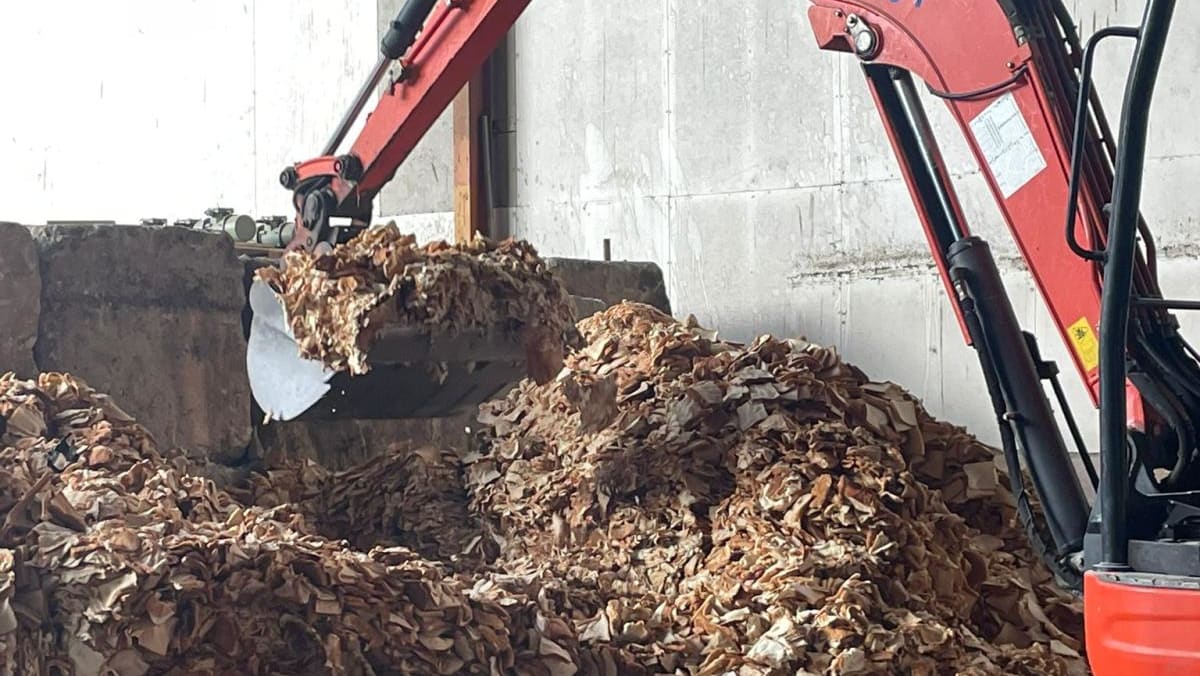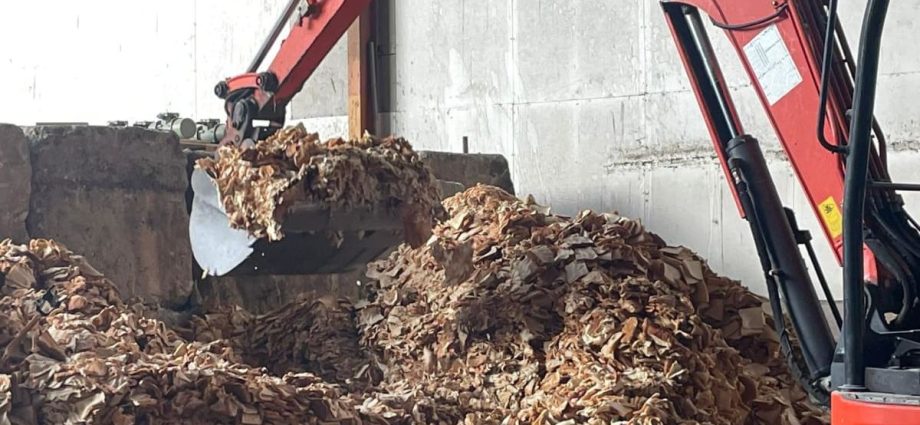
The integrated resort also uses food tracking technology to help chefs manage, monitor and reduce food waste, said Ms Yeh.
Its efforts come ahead of a law that will take effect next year.
It will make it mandatory for the owners and operators of commercial and industrial premises, where large amounts of food waste are generated, to segregate their food waste for treatment. Such premises include large hotels and malls, and large industrial developments housing food manufacturers or food caterers.
OFF-SITE TREATMENT
To give businesses flexibility to pursue different ways of managing their food waste, the Sustainability and the Environment Ministry also allows for off-site treatment.
One food recycling plant in Tuas, Envcares, sees an average of 100 tonnes of food waste a day.
This includes unsold and expired food like bread and canned drinks.
“(The items) come from big food manufacturers, and they are all MNCs (multi-national corporations). These are the by-products from their manufacturing stream,” said the firm’s business development director Ong Gin Keat.
The firm has seen a “good increase” over the years and projects a year-on-year increase of about 5 to 10 per cent, he said.
Envcares processes the waste into various components.
For instance, the company crushes cans and extracts the liquid. This liquid will then be mixed to create compost, which will be sold to landscaping companies, vegetable farms and nurseries.

